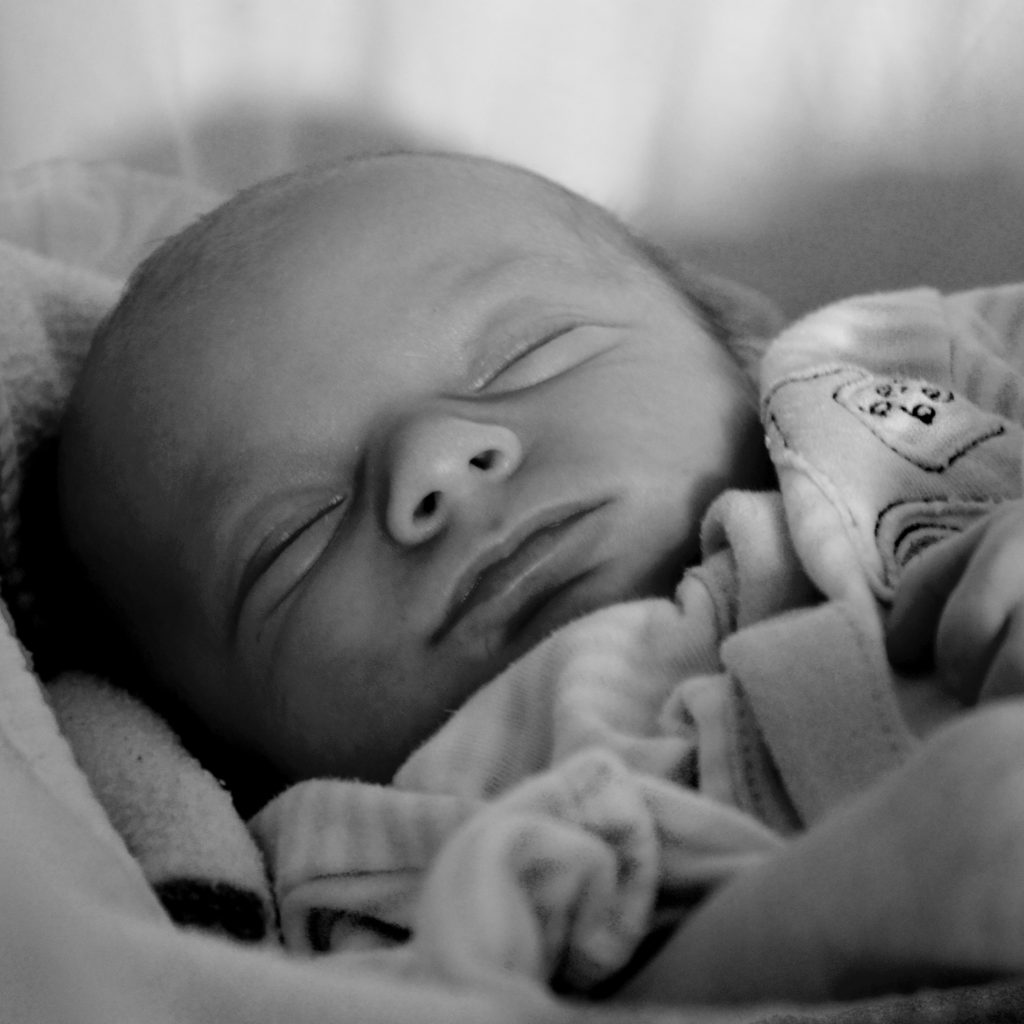Pune: State’s One of the smallest premature baby survives after 100 days of medical care

Pune, 28th October 2021: A baby born in June this year, believed to be the smallest ever to have survived a premature birth in Maharashtra, went home a few days back after spending 100 days in NICU. The baby was born in a private hospital after just 26 weeks of pregnancy by an emergency cesarean section due to pregnancy-related hypertension in the mother.
Born in extreme premature condition and weighing only 480 grams, the baby was immediately put on to life support by putting the smallest possible endotracheal tube in the windpipe. The baby was wrapped in a plastic bag to prevent heat loss immediately after birth. In a life-threatening condition, the newborn was shifted to Jupiter Hospital Pune, in a specially designed incubator for the transport of newborn babies.
“In such small babies management within the first golden hour after birth is very important. Babies of this size need mechanical ventilator support immediately after birth due to immature lungs. Extreme preterm babies are also at risk of dangerous hypothermia due to immature skin and they need a special incubator to prevent heat loss. Special catheters were inserted through babies umbilical cord for delivering nutrition and monitoring vital parameters“, Dr ShrinivasTambe, Chief Neonatologist, Jupiter Hospital, Pune.
“Baby required mechanical ventilation for seven days and then breathing support was provided by CPAP machine for next 70 days. The baby also had a condition called Patent Ductus Arteriosuswhich was picked up by heart scan that was successfully treated with medication. Milk feeds were started with 0.5ml every two hourly and gradually increased to full amount by the eighth day of life. The baby also had an episode of infection which was immediately diagnosed and treated by antibiotics,” Dr ShrinivasTambe, Chief Neonatologist, Jupiter Hospital, Pune.
According to Dr Tambe, extreme preterm babies are at high-risk to develop an infection, bleeding in the brain, ROP (abnormal development of blood vessels in the retina), NecrotisingEnterocolitis (Intestinal disorder), PDA (heart problem), and Chronic lung disease. Fortunately, the baby does not have any of these comorbidities at the time of discharge and the long term outcome is expected to be good.
The baby has been discharged after 100 days in neonatal ICU and weighed 2kg at the time of discharge. Parents were delighted and expressed gratitude towards the doctors and staff of Jupiter Hospital. Currently baby is at home, gaining weight and is showing signs of normal development. The baby will be regularly followed up in the OPD by Jupiter hospital to monitor growth and development.








